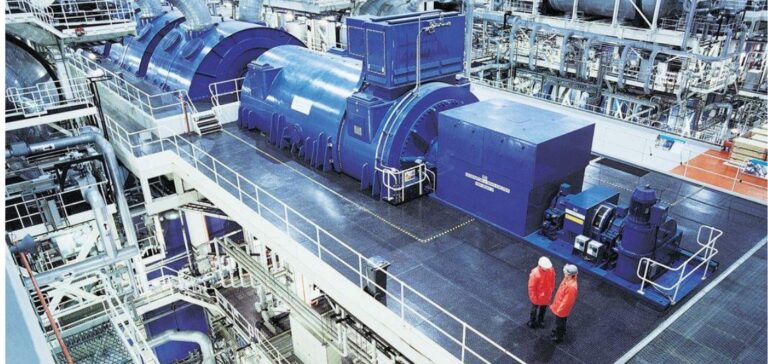Jacobs, as NNL’s multidisciplinary design consultant, plays a crucial role in the development of HTGR. Their mission includes reviewing initial designs, estimating costs and deadlines, and ensuring regulatory compliance. The aim of the collaboration is to submit a strong investment case to the UK Treasury and assess market demand for HTGR technology.
Essential support from regulators
To ensure the viability of the project, Jacobs will contribute its expertise in nuclear reactor technology and engage with UK regulators.
“We will use our deep experience to help realize a plant capable of contributing to the decarbonization of heavy industries such as steel and cement production,” said Andy White, Jacobs vice-president.
Financing and international cooperation
In December 2022, the UK government announced £60 million in funding for HTGR research. In September 2023, NNL and JAEA (Japan Atomic Energy Agency) signed memorandums of cooperation to advance the HTGR reactor demonstration program in the UK. This initiative is part of a wider program to set up a demonstration project by the end of the decade.
AMR program phases
The AMR research and development program is divided into several phases. Phase A selected six candidates for FEED (Front-End Engineering Design). Phase B, currently underway, is an open competition to produce up to two HTGR designs mature enough to pass regulatory review by February 2025. Phase C will see the licensing, construction and operation of a HTGR in the early 2030s.
Advances in materials and fuels
At the same time, the program to develop advanced fuels for AMR is also progressing. NNL and JAEA have been selected to deliver this program, which focuses on the manufacture and scale-up of coated particulate fuels (CPF). Emma Vernon, NNL’s Vice President for Government and New Build, stressed the importance of this project in helping UK industry adapt to a changing world and meet carbon neutrality targets.
A global impact on heavy industry
The UK and Japanese governments anticipate that HTGRs will contribute to decarbonization by supplying hydrogen and high-temperature steam to the steel, chemical and processing industries, which are considered difficult to decarbonize. JAEA is collaborating with NNL to demonstrate Japanese HTGR technology outside Japan, aiming to promote its social implementation and bring this decarbonization technology back to Japan.






















